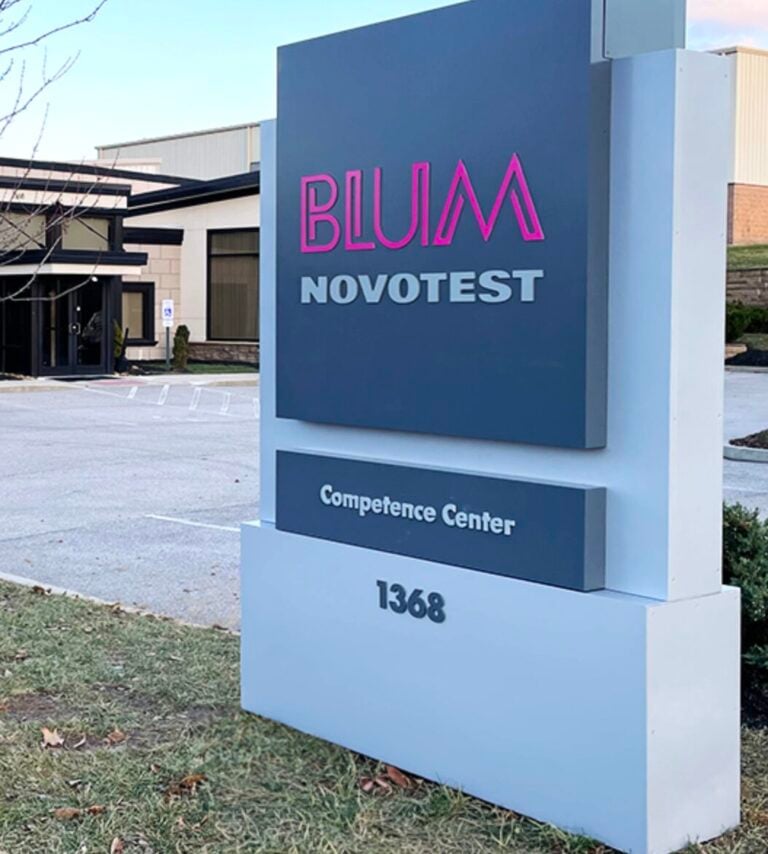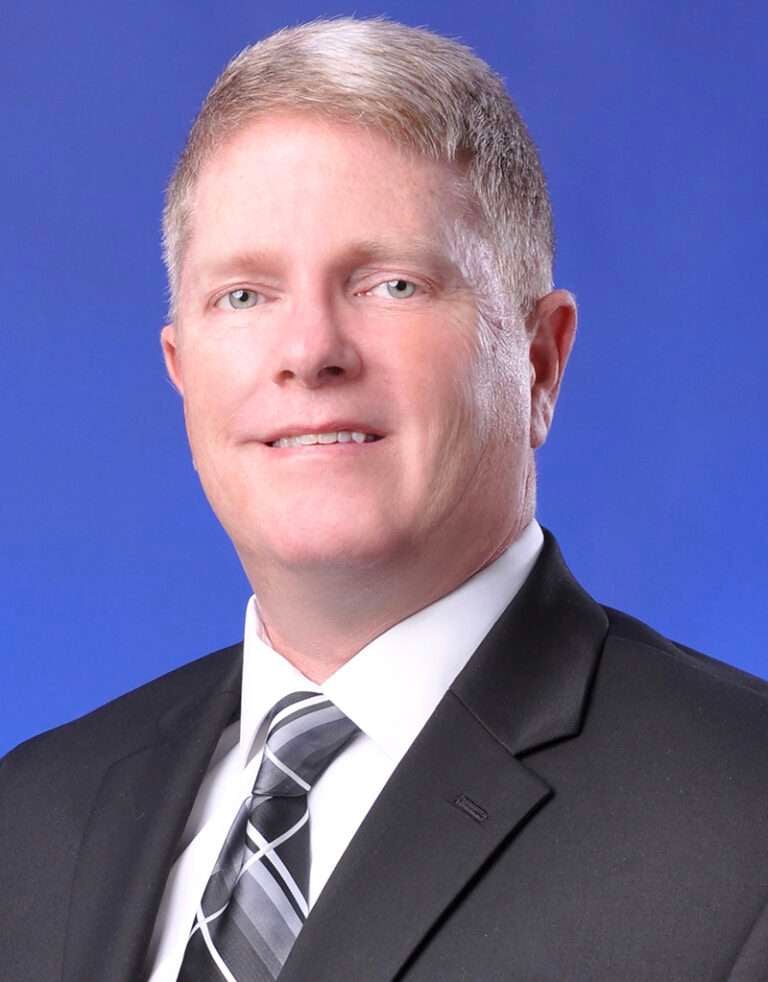In this day and age, it’s not uncommon for people to sue their employer and then ask questions later. These lawsuits can be more than just disruptive; as many become very costly if you don’t have the right coverage’s in place to protect your business.
Employers of all types and sizes are sued by employees. Jury awards and out-of-court settlements can sometimes run into hundreds of thousands of dollars.
When you add in legal fees & loss of time the total cost can be staggering. Such lawsuits can be extremely stressful, time-consuming, and distractive; and reduce productivity and employee morale.
According to an article at www.trustedchoice.com, over the last 20 years employee lawsuits have risen roughly 400%, with wrongful termination suits jumping up more than 260%. Oddly enough, you are more likely to be sued by an employee these days than to have a fire at your facility.
Employee lawsuits are becoming much more common, making employment practices liability insurance (EPLI) a necessity for large and small businesses.
Employment practices liability insurance, known in the insurance industry as EPL insurance or EPLI, provides coverage to employers against claims made by employees alleging:

Discrimination (based on sex, race, age or disability, for example)
Wrongful termination
Sexual Harassment
Bullying In The Workplace
Pregnancy Discrimination
Unpaid Internships
Illegal Background Checks
Retaliatory Claims
Breach of Contract
Emotional Distress
Wage & Hour Violations
Wrongful Denial of Workers Compensation,
False Positive from Drug Test
Libel & Slander
Other employment-related issues, such as failure to promote.
I find that larger corporations and business usually carry substantial employment practices insurance coverage and are well prepared to deal with just about any employment lawsuit. However, small or new businesses are often times the most vulnerable to these types of employment claims. That’s because they usually lack a well-educated and trained Human Resources manager, legal department or proper employee handbook detailing the policies and procedures that guide hiring, disciplining or terminating employees.
According to the market, EPLI claims have a tendency to follow economic trends. When the economy is depressed, and workers are unhappy, there tend to be more claims than when the economy is strong.
However, with the most recent #MeToo movement it has driven an increase in demand for EPLI coverage among business owners. As a result of this recent spotlight, allegations of misconduct are on the rise and many companies and business owners have asked for more protection and access to expert advisors to avoid these type of costly litigation.
It’s not just large corporations that are being affected by these types of lawsuits. Roughly 41.5% of employee lawsuits are brought against private companies with less than 100 employees. The financial damage of employee lawsuits can be dramatic; the cost of settling out of court averages $75,000, and the average jury award hits $217,000 if you go to court and lose.
According to Trusted Choice, despite all of these scary numbers, roughly 7 out of 10 businesses don’t carry EPLI insurance and is an expensive mistake that will eventually catch up with most businesses.
According to industry experts, unpaid internships, illegal background checks, and issues related to pregnancy and health are the top trending employment practices in litigation cases. The cost of claims is rising as well, as is the length of time it takes to resolve EPLI claims. Advisen recently released a white paper that showed defense costs topping out around $300,000 and resolutions taking between 18 and 24 months.
In my line of work as a safety and risk control consultant, I am amazed to see a business owner get upset when their workers’ compensation insurance increases 5% due to a recent increase in claims activity but then turn around and refuse EPLI coverage. This risk exposure can be detrimental to the success of a business if it goes unchecks and uncovered on an insurance policy.
The fact is six out of ten businesses falsely believe that such claims are covered under their general liability policy; and if you don’t have a good agent who thoroughly explains what is covered and what isn’t, you are making a terrible mistake as a business owner.
The cost of EPLI insurance is a fraction of what you will pay if you end up on the losing side in a lawsuit. EPLI premiums will vary depending on a number of factors:
The number of employees
The amount of coverage purchased
Whether your company has anti-discrimination and anti-harassment human resource policies policy in place
Whether your company has had any EEOC complaints or lawsuits filed against it in the past.
The fact is EPLI will easily pay for itself if you are sued just even once. Depending on the size of your company, EPLI can be offered as an endorsement to a Business owners policy (BOP) or a general liability policy. Also, a specific stand-alone policy can be written in conjunction with a BOP.
Another advantage of selecting such coverage is that the insurance carriers will provide sample HR policies, handbooks, and expert advice to help you become more compliant and vulnerable to an EPL claim. Laws can vary from state to state and they have the experience to help you avoid these pitfalls. Many carriers have attorneys on staff ready to assist you with reducing your EPL liability exposure and it usually always free and built into the cost of your policy.
If your company is not carrying an EPLI policy, you are not alone. A study done by Advisen found that only 23% of companies with fewer than 100 employees purchase EPLI insurance; that number is 34% for companies with 500-700 employees and 40% for businesses that employ over 1,000 people.
With the exception of the cost for an EPLI policy or endorsement, the only other drawback is that these policies come with a fairly large deductible. Insurance carriers today want to see that you have a little skin on the game, therefore, they will offer a variety of different deductibles for you to choose from. The higher the deductible, then the lower the premium costs.
The more you believe in your policies, procedure, and Human Resources department to keep you out of such lawsuits, the more risk you should assume to help keep your costs down. If you don’t have such faith, then let me suggest taking the lowest deductible offered and get to work to shore up your human resources department and revamp your policies and procedures.
Otherwise get your checkbook out, because in this day in age, its just a matter of time and you are just waiting for it to happen to you; and it will one day I promise.
Be Safe My Friends

Keven Moore works in risk management services. He has a bachelor’s degree from University of Kentucky, a master’s from Eastern Kentucky University and 25-plus years of experience in the safety and insurance profession. He is also an expert witness. He lives in Lexington with his family and works out of both Lexington and Northern Kentucky. Keven can be reached at kmoore@roeding.com.

















